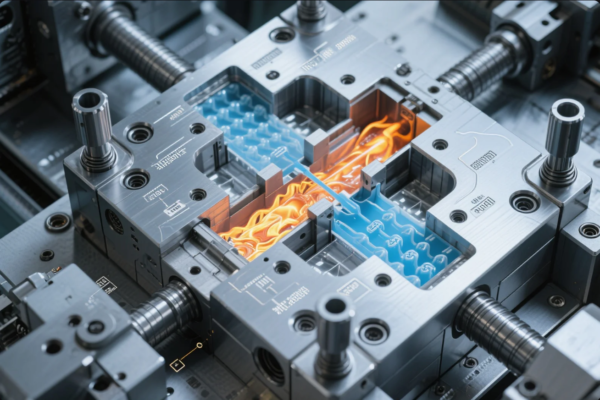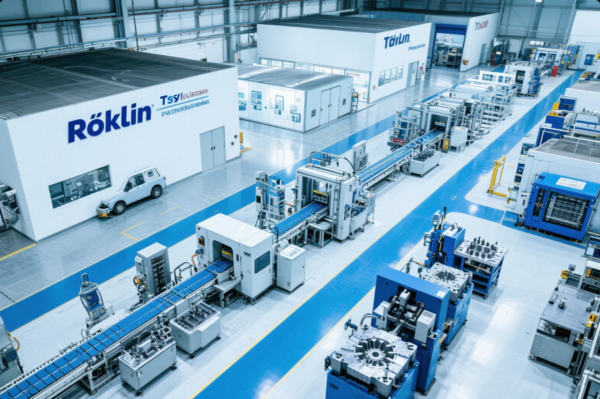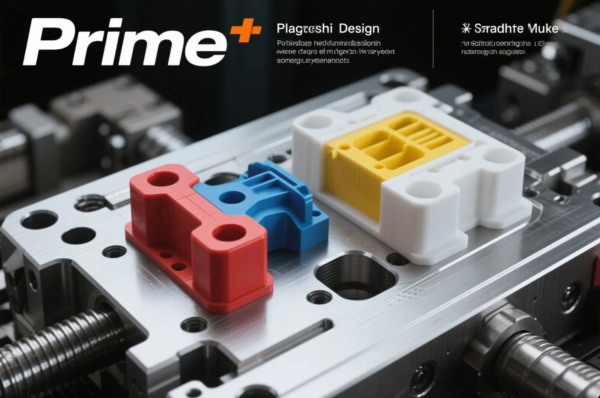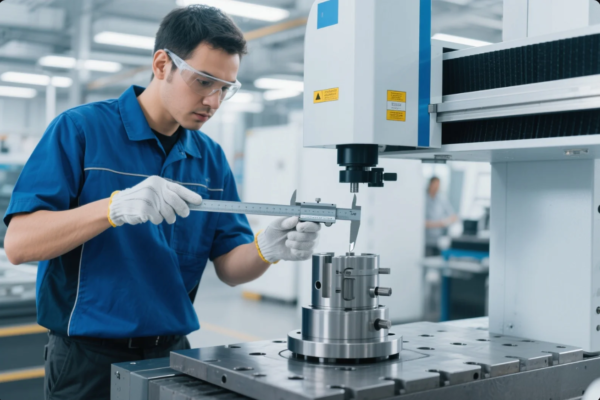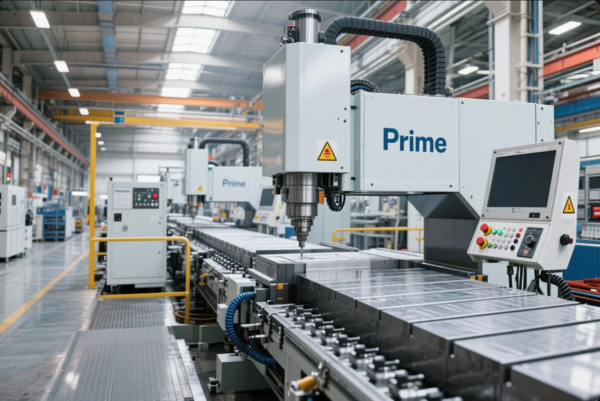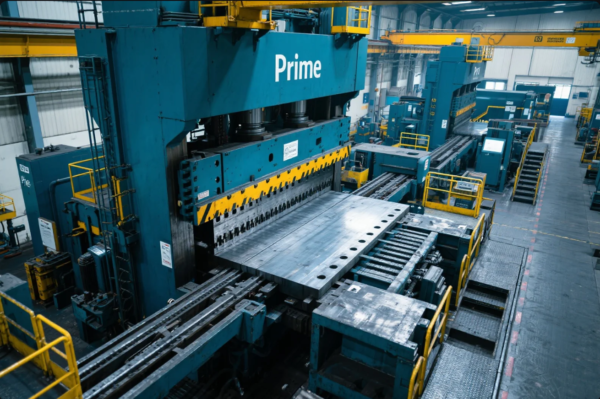Are CNC Machines Legal?
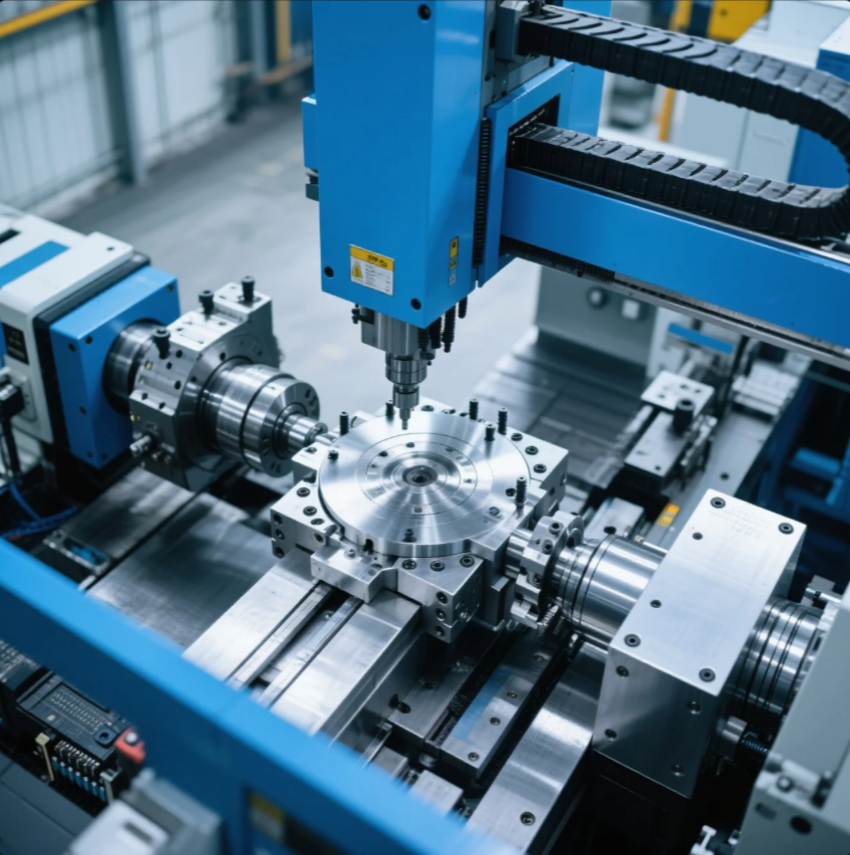
CNC (Computer Numerical Control) machines have revolutionized industries by offering precise and automated machining. But many people wonder about the legality of operating a CNC machine. Are there any restrictions or rules? In this article, we’ll dive into the legal aspects of using CNC machines, including who can operate them and what regulations exist.
Snippet paragraph: CNC machines are legal to operate in most places, but there are rules and guidelines to follow. Read on to understand the regulations and opportunities related to CNC machines.
Transition paragraph: Interested in using a CNC machine for your business or hobby? Keep reading to learn who can operate them, what the rules are, and how you can use them legally.
Who Can Operate a CNC Machine?
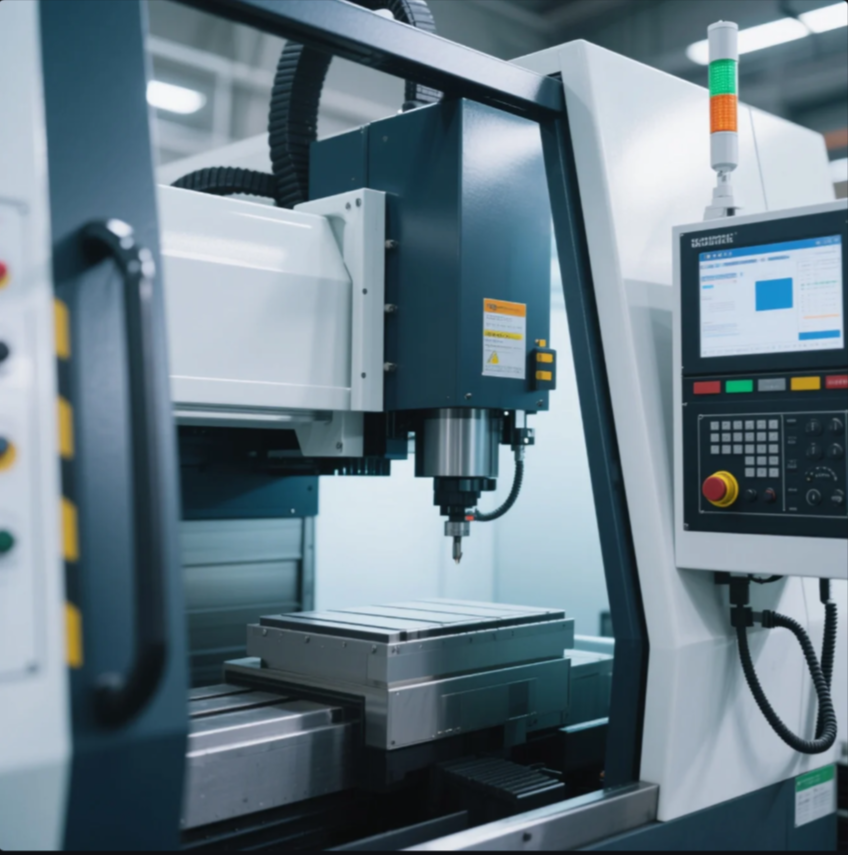
In most jurisdictions, CNC machines are legal to operate, but the question of who can operate them is important. While there aren’t usually strict legal restrictions, operating a CNC machine does require a certain level of training and skill to ensure safety and quality work.
Who Needs Training to Operate a CNC Machine?
- Certified professionals: Operators who have received formal training, either through a technical school or on-the-job experience, are qualified to operate CNC machines. Some employers may require specific certifications.
- Hobbyists: Hobbyists can legally operate CNC machines in most places, as long as they’re not violating local zoning or business laws. However, understanding how the machine works and the safety protocols is essential.
- Minors: In some regions, minors may be restricted from operating CNC machines due to safety concerns. Always check local regulations regarding age restrictions.
Do You Need a License?
For most home users and small business operators, no specific license is required to operate a CNC machine. However, operating a CNC machine in an industrial setting may require certifications or compliance with occupational health and safety regulations.
What Are the Rules of CNC?
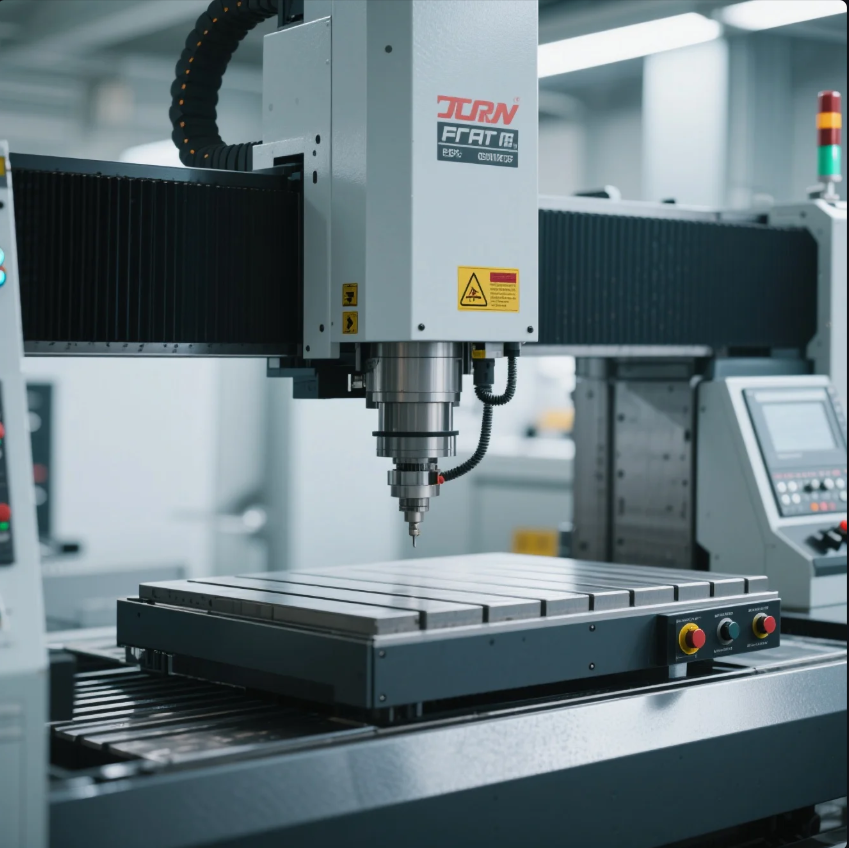
While CNC machines are legal, they come with specific rules and best practices to ensure safe and effective operation. These rules often vary by region and industry, but certain guidelines are universally recognized.
Key Rules and Best Practices
- Safety precautions: CNC machine operators must follow strict safety protocols to prevent accidents, including wearing protective gear, maintaining a clean workspace, and ensuring proper machine operation.
- Regulatory compliance: In industrial environments, operators must comply with local, state, or federal workplace safety laws, such as OSHA (Occupational Safety and Health Administration) regulations in the U.S.
- Proper maintenance: Regular machine maintenance is essential to ensure the machine runs smoothly and safely. Operators should follow the manufacturer’s maintenance schedule and procedures.
Legal Compliance
- Environmental regulations: Some countries have laws that govern the disposal of materials produced by CNC machines (like metal shavings or coolant fluids). It’s important to comply with environmental regulations if you're running a business.
- Product safety: If you plan to use a CNC machine to produce parts for sale, you’ll need to ensure that the products meet safety standards set by industry or government bodies.
Can I Start a Business with a CNC Machine?

Yes, you can start a business with a CNC machine. In fact, CNC machines are widely used in small businesses, offering precision manufacturing for everything from parts production to custom products. However, there are some legal and logistical factors to consider when using a CNC machine for business purposes.
Things to Consider When Starting a CNC Business
- Business licensing: Depending on your location, you may need a business license to operate a CNC machine as a business. You will also need to ensure that you follow zoning laws and health and safety regulations.
- Insurance: Running a business with CNC machines may require specific types of insurance, such as liability or workers' compensation insurance, to protect against accidents and product defects.
- Regulations and permits: If you plan to produce certain types of products, such as medical devices or food-related items, you may need additional certifications or permits to ensure compliance with industry-specific regulations.
- Intellectual property laws: If you’re creating custom products or designs, make sure you understand intellectual property laws, including copyright and patent protection.
Profit Potential
A CNC machine business can be profitable, especially if you specialize in high-demand, custom, or niche products. Many CNC businesses cater to industries like aerospace, automotive, and manufacturing, where precision is critical.
What Can a Hobby CNC Machine Do?
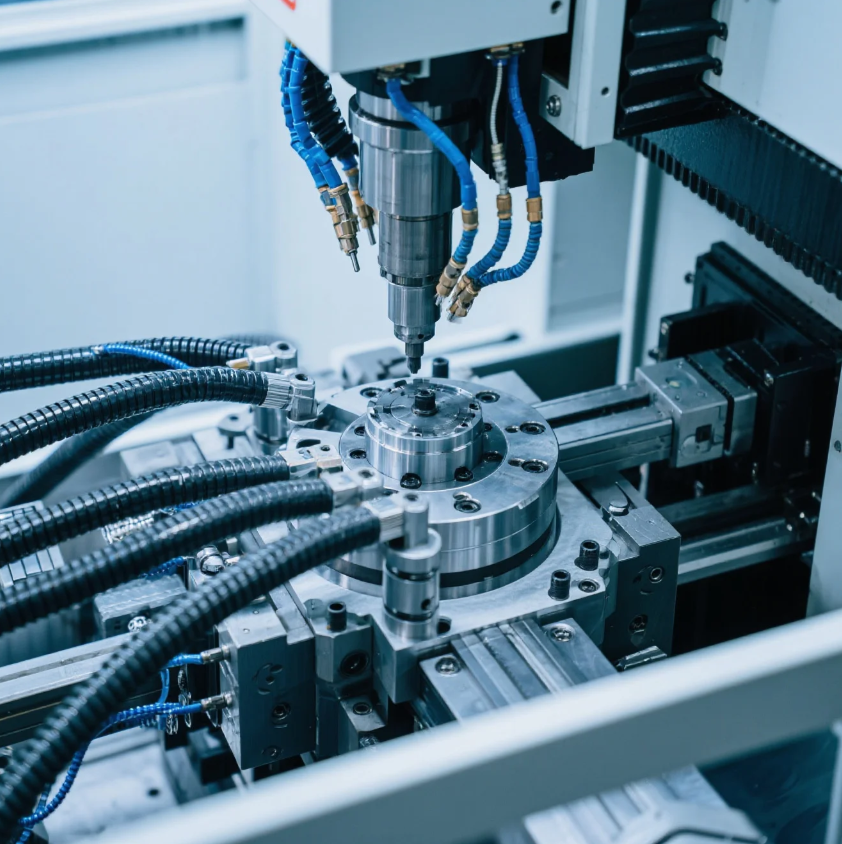
Hobby CNC machines have become increasingly popular due to their affordability and versatility. These machines are typically smaller and less powerful than industrial machines, but they are capable of completing a wide variety of tasks.
What Can a Hobby CNC Machine Achieve?
- Woodworking: Many hobby CNC machines are used for creating intricate wood carvings, signs, furniture, and models.
- Metalworking: Some hobby CNC machines can handle softer metals like aluminum and brass for small parts, jewelry, or home decor.
- 3D Printing: Hobby CNC machines can also be used for 3D printing and prototyping, allowing users to create models and functional prototypes.
- Engraving and Cutting: CNC machines are commonly used to engrave designs or cut out shapes in materials such as acrylic, plastic, and foam.
Legal Considerations for Hobbyists
Most hobby CNC machines are legal to use for personal projects, but there may be restrictions on commercial use or the sale of products created with them. For example, some regions have rules about using hobby machines for mass production or selling products made with them, as this could require additional licensing or permits.
Conclusion
CNC machines are legal to operate in most places, but it’s important to be aware of the specific rules and guidelines that apply to their use, whether you're a hobbyist, business owner, or professional operator. Always prioritize safety and ensure that you comply with local regulations, whether you’re using a CNC machine for personal or commercial purposes.
If you're looking to start a business or need CNC machines for your projects, Prime offers reliable, high-quality solutions. Contact us today to learn more about our products and how we can help you achieve success in your machining ventures.

